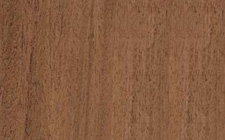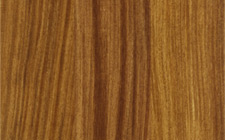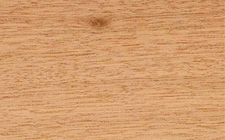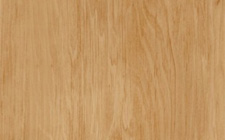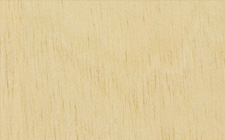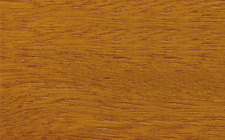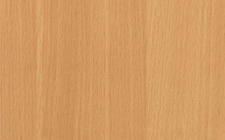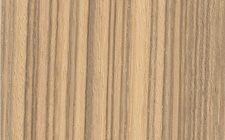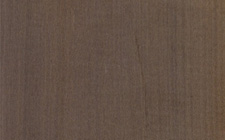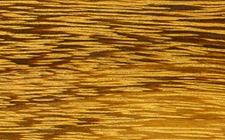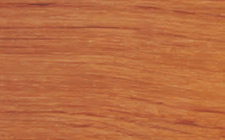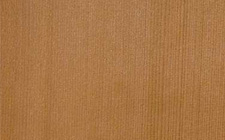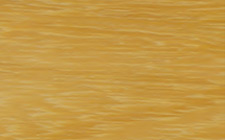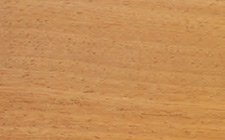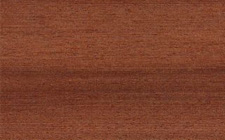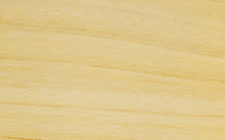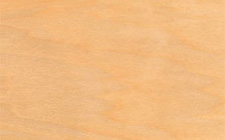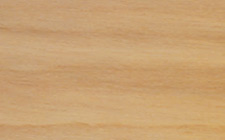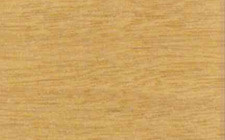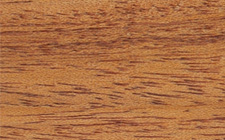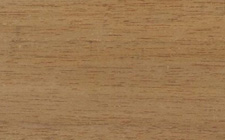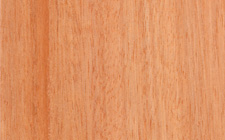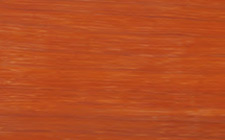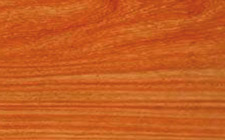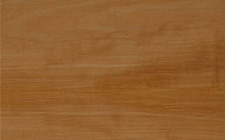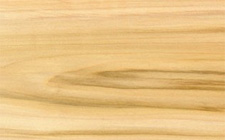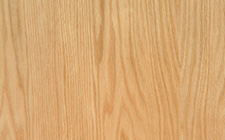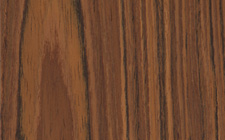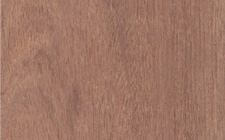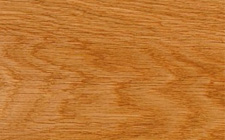Ebony
Botanical name
Diospyros mespiliformis
Origin
Africa
Other names
Cubaga, Epinde-Pinde, Mevini, Mopini, Ebano, Kanran, Osibin, Ngoubou, Afrikanisches Ebenholz, Ebene, Mavini, Ndou, Evila, Abokpo, Nyareti, Bingo, African Ebony

Notes
Other African Diospyros species are not commercialized due to their light colour (ex.: D. sanzaminika). Moreover, there are a lots of other Diospyros species, especially in Asia-Oceania: among others, D. perrierli in Madagascar, D. celebica and D. rumphii (Ebene de Macassar). Wood often commercialized in small logs of 1 m to 1,5 m long. Properties are very variable according to the species and the origin; thus, specific gravity may vary from 0,75 to 1,1.
WOOD DESCRIPTION
| Color: |
black |
| Sapwood: |
clearly demarcated |
| Texture: |
fine |
| Grain: |
straight or interlocked |
| Interlocked grain: |
slight |
| Note: |
Logs may present different kinds of defects, especially small pinholes and heartwood rots. |
PHYSICAL, MECHANICAL AND ACOUSTIC PROPERTIES
|
(*: at 12% moisture content, with 1 MPa = 1 N/mm²) Musical quality factor: 123,6 measured at 2282 Hz |
||||||||||||||||||||||||||||||||||||||||
NATURAL DURABILITY AND TREATABILITY
| Funghi (according to E.N. standards): |
class 1 - very durable |
| Dry wood borers: |
durable - sapwood demarcated (risk limited to sapwood) |
| Termites (according to E.N. standards): |
class D - durable |
| Treatability (according to E.N. standards): |
class 4 - not permeable |
| Use class ensured by natural durability: |
class 4 - in ground or fresh water contact |
| Species covering the use class 5: |
No |
SAWING, MACHINING AND ASSEMBLING
| Blunting effect: |
high |
| Sawteeth recommended: |
stellite-tipped |
| Cutting tools: |
tungsten carbide |
| Peeling: |
not recommended or without interest |
| Slicing: |
nood |
| Note: | For machining and slicing, powerful machines are necessary due to the high hardness. Sawdust may cause dermatitis. |
| Nailing / screwing: |
good but pre-boring necessary |
| Gluing: |
correct |


